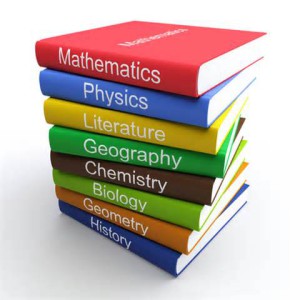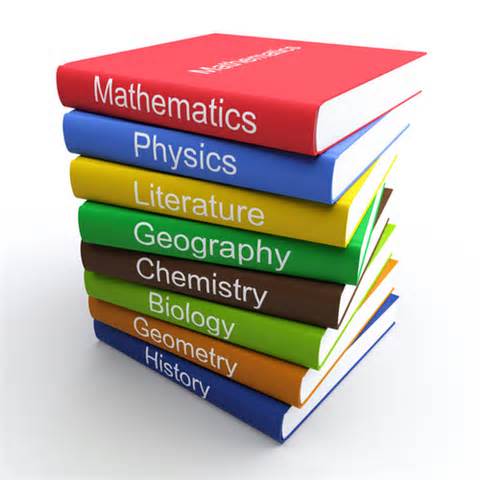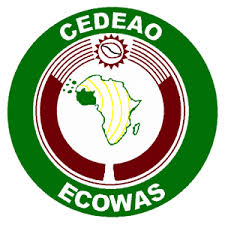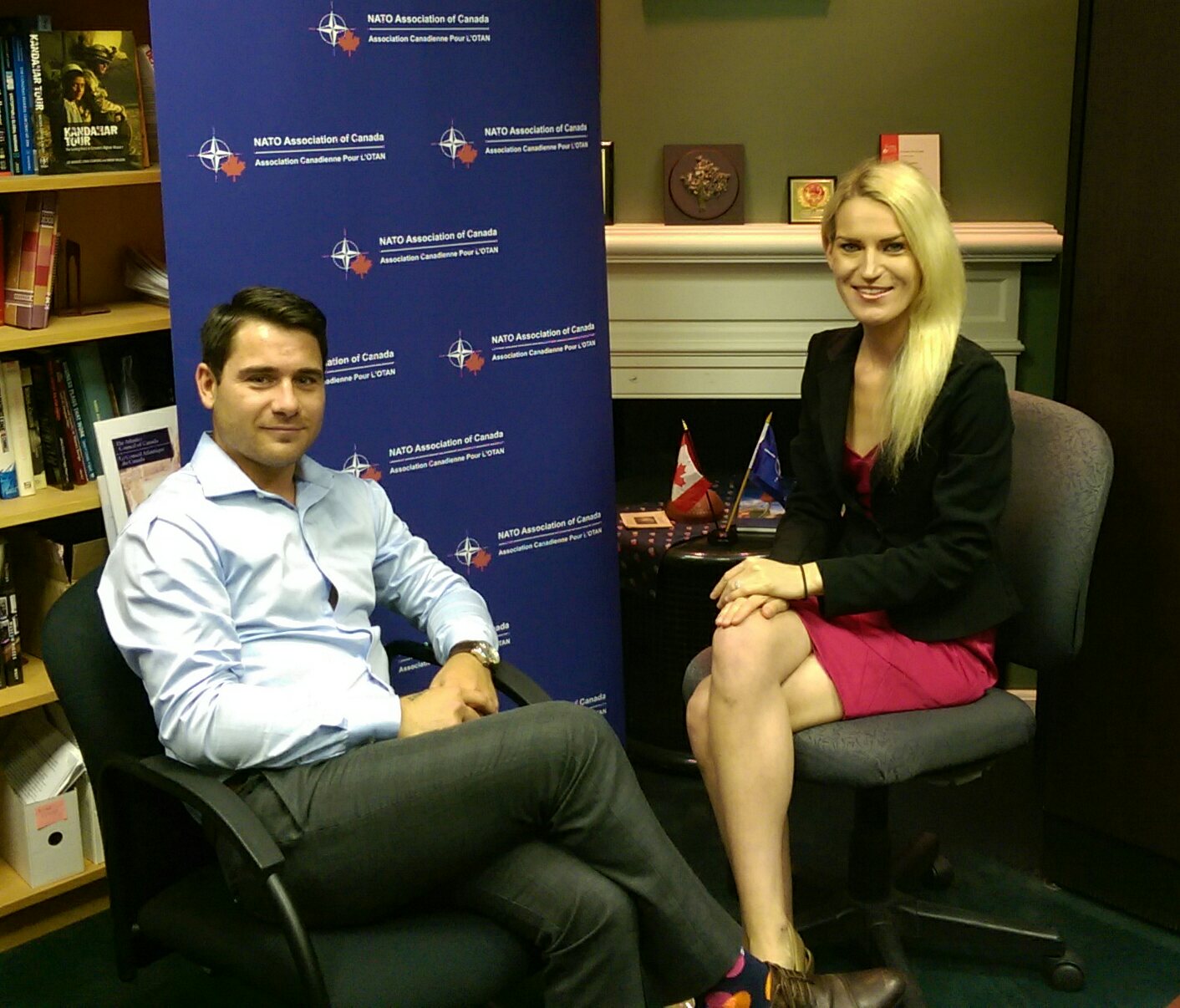
It’s a Wednesday afternoon. Through the classroom windows rife with pre-adolescent fingerprints and drooping snowflake cut outs, sharp rays of sunlight slice through the thick, heavy silence. Quickly surveying the twenty or so students before her, my Grade 7 English teacher confirmed her initial suspicions: only two students have actually read the book.
Despite this poor success rate, the novel Shattered by Eric Walters would go on to win the 2007 White Pine literature award, having received the highest number of student votes across the province of Ontario. The book would also mark the first of the worryingly few times the Rwandan Genocide was ever mentioned to me during my entire schooling.
100 days of organised mass slaughter, resulting in over 1 million deaths ; 20% of Rwanda’s total population decimated ; 400,000 orphans ; 50,000 widows; 500,000 instances of rape, of which 67% left the victim infected with HIV in the latter’s first documented use as a weapon of genocide; 20,000 children born of forced sexual assaults; a nightmare that would eventually culminate in an international peacekeeping mission comprising over 700 Canadians.
And not a single mention on any history curriculum.
Most Canadians are vaguely aware of their peacekeeping past. Despite its noticeable absence in the classroom, the blue beret has maintained its national symbolic value, bundled together with multiculturalism, maple syrup and Kiefer Sutherland from 24. However, beyond azure accessories and the odd, occasional allusion to “the old guy on our dollar bills?”, your average Canadian simply doesn’t know much else.
Only one third of Canadians are able to name two international peacekeeping missions in which their country has participated — or so a 2003 Globe and Mail survey shockingly revealed. Most of them named controversial, UN-initiated Bosnia (40% of the responses provided) or unsuccessful, US-marshalled Afghanistan (28%).
But Rwanda, a UN approved humanitarian operation in which we not only were the greatest contributor but which Canadians Roméo Dallaire and Guy Tousignant actually helped lead? 5%.
Now, why does this matter?
“Our reputation in the UN sphere is being destroyed”, says CanadianForcesCollege professor Walter Dorn, “and today we are hardly peacekeeping at all”. And he’s right. Our share of UN peacekeeping personnel has dropped from 10% in 1991 to 0.1% in 2014. This February, there were twice as many Canadians competing in Sochi as there were Canadians serving in UN peacekeeping missions across the world – a mere 115. It’s not that the need for peacekeepers has dropped — in fact, it’s never been greater. Neither has public opinion particularly shifted; many polls indicate that Canadians remain very supportive of peacekeeping, ranking it a top priority of the military in a 2010 survey. We’re just not quite sure how to keep peace anymore — and instead of working towards finding solutions, we’re pointing fingers.
The evolving face of armed conflict, the UN’s inability to run efficient operations, Harper’s increasingly bilateral and economic-focused foreign policy… scores of articles have lashed out at potential suspects, accusing them of turning our peacekeeping past into a mere myth. Some conclude that this is all but a phase; others believe it’ll take a whole new generation for the blue beret to truly return. But how?
Canadians lucky enough to have benefited from (and paid attention to) civic education classes may be able to explain how their government works, how Canadian legislation is passed, or how the judicial system operates. However, the inner workings of international organisations and mechanisms are as foreign to them as individuals who don’t apologise for their foot somehow lodging itself under yours.
Absent from any of these pointed pieces are suggestions of concrete, viable solutions, especially where education is concerned. How can we expect the next generation to reshape the face of Canadian peacekeeping when few have even heard of it? How can we ask that today’s young adults play an innovative role on an international stage that is all but absent from high school curricula? See for yourself; question the next millennial you meet. Who is Canada’s foreign minister? John Baird? Correct. Now, who is Canada’s Permanent Representative to the UN? To NATO? Who are the Secretaries General for these two organisations? Since when?
As one will quickly realise from the stunned silences and meaningless mumbles, the majority of young Canadians have a very limited knowledge of international politics. Those lucky enough to have benefited from (and paid attention to) civic education classes may be able to explain how their government works, how Canadian legislation is passed, or how the judicial system operates. However, the inner workings of international organisations and mechanisms are as foreign to them as individuals who don’t apologise for their foot somehow lodging itself under yours.
This is where we need to initiate change. Our civic education curricula, as relevant as they may have been, thirty years ago, to a more isolationist political field, must now adjust to an increasingly globalised world. Canadian youngsters should be taught that they not only have a right and a duty to take part in domestic politics, but also in the international affairs their country is so inextricably involved in. How does the UN work? Who are its greatest actors? How does it try and maintain international peace and security? Do these methods work? What are their strengths and shortcomings? What is Canada’s role in all of this?
No one is going to truly interest themselves in something they know nothing about or believe irrelevant to them. If we really want the blue beret to make a comeback, we need to teach why it matters and how it works. Peacekeeping should be explained as truthfully as possible, with both successes and failures of the past unveiled, inspiring constructive classroom criticism as opposed to media-ushered pessimism. We need people to understand the international system in depth, and how they can and should play a role in it.
We need to emancipate today’s discussions around Syria, Ukraine or Venezuela from the elite academic circles to which they are too often confined. Most importantly, we need to stop confining our peacekeeping heritage to occasional literary subplots or offhand comments in history class. If we want incoming generations to truly get involved, we need to inspire them first.
“Can anyone tell me what happened in Rwanda?”
Get everyone to raise their hand.




